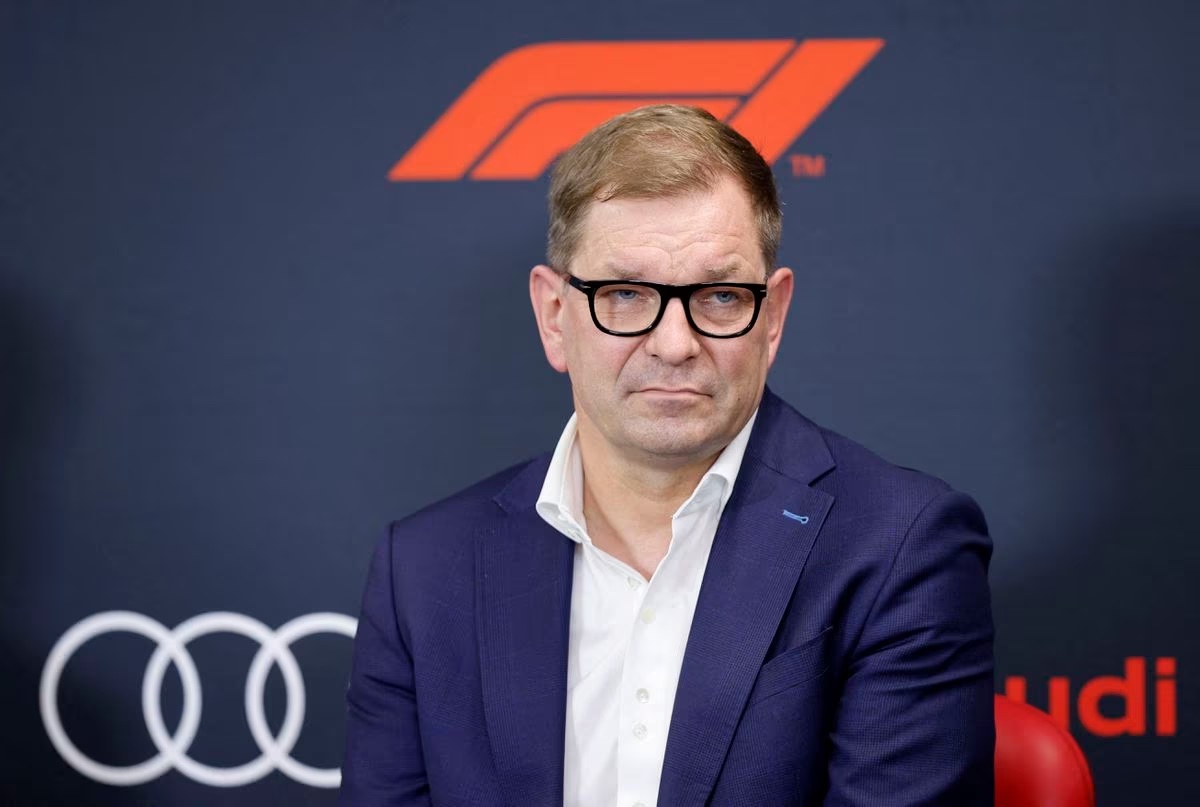BERLIN, Feb 24 (Reuters) – Volkswagen-owned Audi (VOWG_p.DE) may build a factory in the United States, alone or with the Volkswagen Group, to take advantage of subsidies offered by the Inflation Reduction Act (IRA), the premium carmaker said on Friday.
Chief Executive Markus Duesmann said that a decision had not yet been made but that the IRA made it far more attractive to build electric vehicles (EVs) in the United States. Duesmann made the comments in an interview with Frankfurter Allgemeine Zeitung, which were later confirmed by the company.
Asked whether Audi would build a plant itself or do so together with other Volkswagen brands, Duesmann said: “Both are possible. But the probability that we do it within the group is high.”
Carmakers have in recent years moved to reduce export and imports across major markets like the United States, China and Europe and instead localise production and supply chains to reduce transport and logistics costs.
But a growing number of firms are now announcing heightened investment in the United States over Europe in light of the IRA, worrying European officials.
The $430 billion IRA was passed last August and offers subsidies and tax incentives for a swathe of domestically produced green industry products, including a $7,500 consumer tax credit to buyers of North American-made EVs. It also includes a restriction on battery minerals and component sourcing to the region, in an attempt to phase out Chinese inputs.
Audi, which has committed to introducing only electric models from 2026, does not yet produce cars in the United States, but Volkswagen’s plant in Chattanooga, Tennessee, last year began producing the ID.4 and is targeting 90,000 EVs in 2023.
Volkswagen is also upgrading its Mexican plants in Puebla and Silao to starting building EVs, motors and related components by mid-decade.
Audi also has a plant in Mexico which produces the Q5.
The carmaker’s production chief Gerd Walker said last December it preferred to revamp its existing production network towards EV production rather than set up new greenfield projects unless more capacity was needed.
Volkswagen is due to lay out in March how it will rejig its production network worldwide to scale up EV production.











